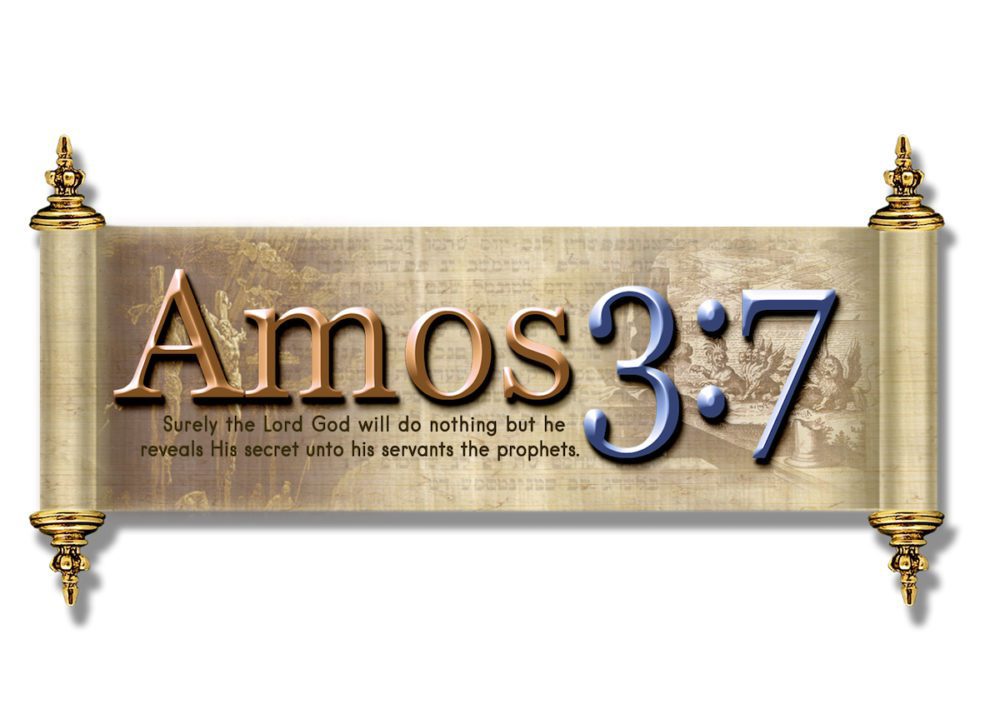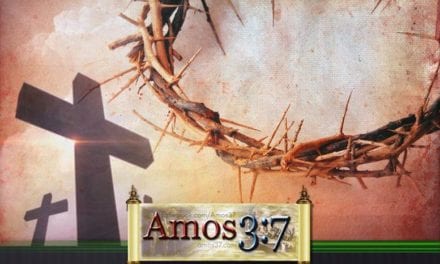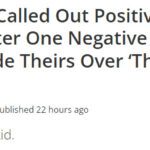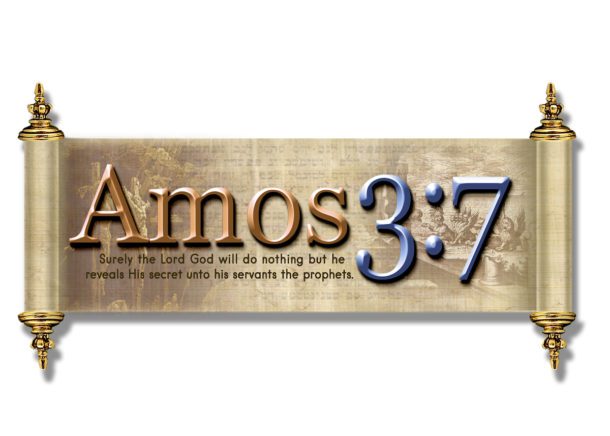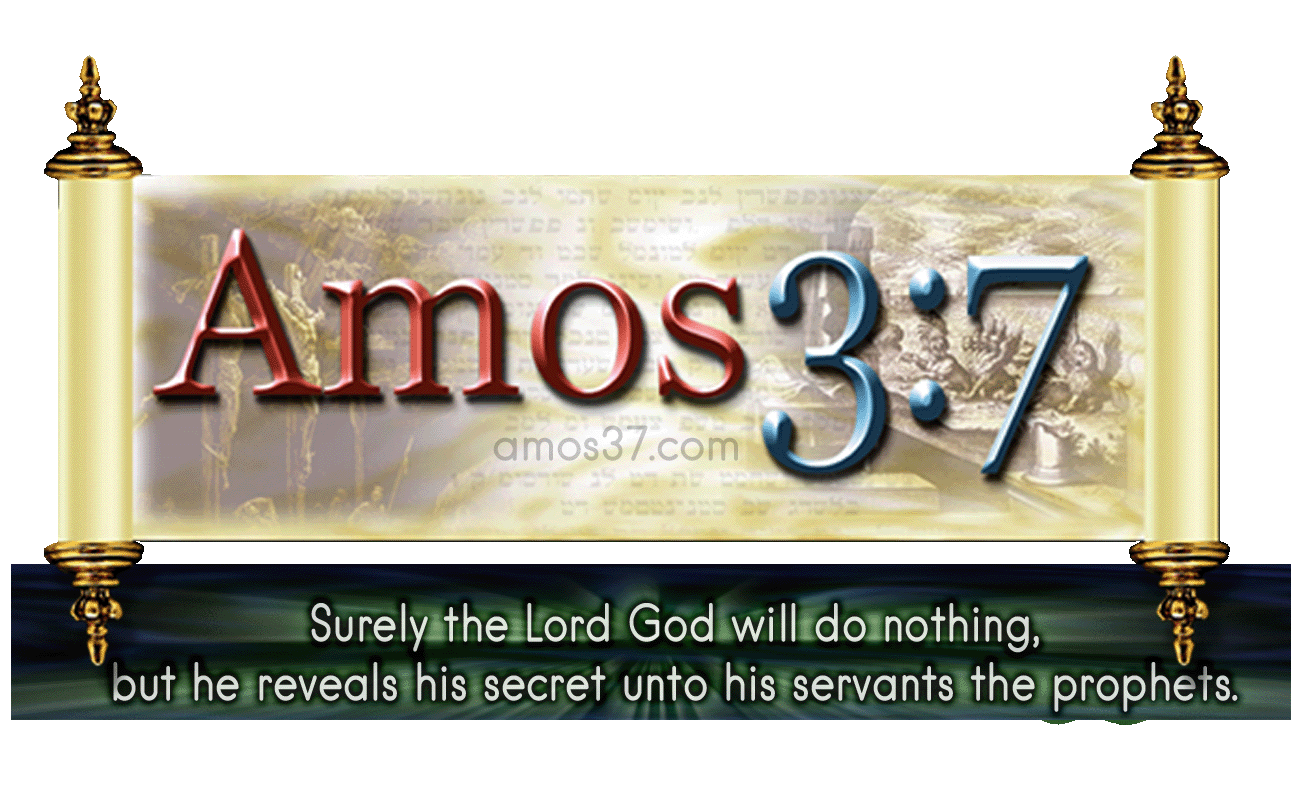Public Security Minister Omer Barlev on Friday warned that any change to longstanding religious arrangements on the Temple Mount could be met with violence, after a Jerusalem court this week ruled in favor of a Jewish man who prayed quietly on the holy site, fracturing a de facto ban on Jewish prayer there.
Barlev noted that police have appealed the ruling, arguing that “a change in the existing status quo will endanger public peace and could cause a flare-up.” Currently, only Muslims may pray on the site.
The Temple Mount, known to Muslims as the Haram al-Sharif, is the holiest site for Jews and site of the third holiest shrine in Islam. It is the emotional epicenter of the Israeli-Palestinian conflict, and tensions there helped ignite the 11-day Gaza war in May.
Under understandings reached after Israel captured the Old City and East Jerusalem in the 1967 war, Jews are allowed to visit but not to pray there. Israel maintains overall security at the site, but the Muslim Waqf administers religious activities there. Police have for decades enforced the Jewish prayer ban as a public security measure.
“The State of Israel advocates freedom of worship and prayer for all, however, in view of the security implications, the status quo must be observed,” Barlev added in a statement.
Palestinians at the Temple Mount peacefully protested the ruling on Friday, denouncing it as a violation of the fragile status quo governing the flashpoint compound. READ MORE
As Jewish prayer roils Muslims, police minister warns of Temple Mount ‘flare-up’ https://amos37.com/as-jewish-prayer-roils-muslims-police-minister-warns-of-temple-mount-flare-up/
| Josh Toupos |
